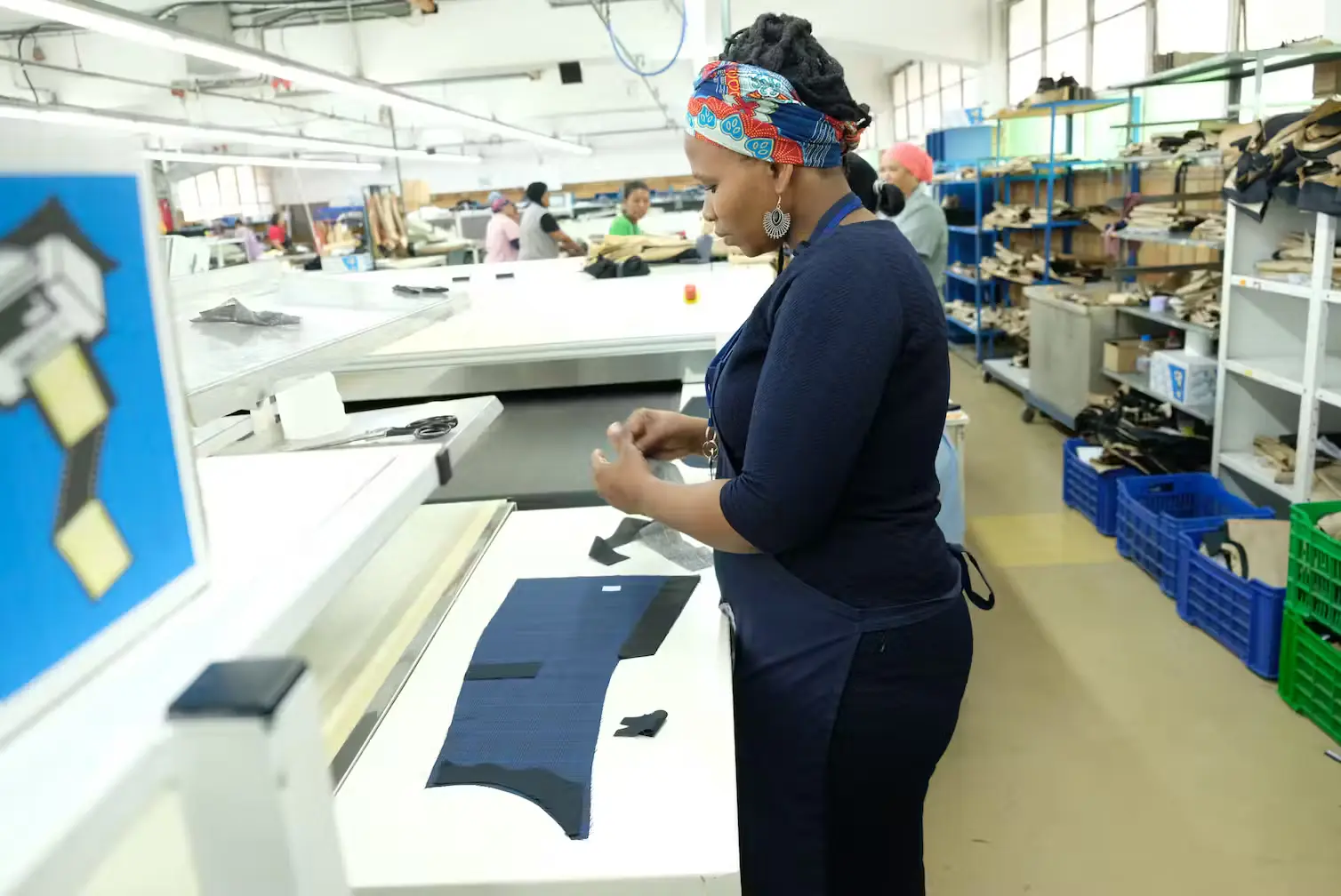In 2023, Brazil’s job market grew significantly, adding 1.483 million new formal jobs, as per the Ministry of Labor and Employment.
This development marks a significant step in the country’s economic progress despite being a 26.3 percent decrease from the 2.013 million jobs generated in 2022.
The service sector led this growth, adding 886,256 positions, indicating a robust expansion in this area, according to the Ministry.
The job increase, resulting from 23.257 million hires and 21.774 million terminations, highlights the dynamic nature of Brazil’s labor market.
Job creation in various sectors, like commerce (276,528 jobs), construction (158,940), and industry (127,145), highlights the economy’s broad-based recovery.
Agriculture also contributed, with a net increase of 34,762 jobs.

This widespread job creation across all regions of Brazil underscores the country’s overall economic resilience and recovery.
It reflects the efforts to diversify the economy and reduce dependency on single sectors.
The even split of new jobs between men (840,740) and women (642,892) indicates an inclusive job market.
However, the year ended with a setback in December, recording a net loss of 430,159 formal jobs.
This dip underlines the challenges still faced by the Brazilian economy in sustaining job growth.
The government also reported that the average hiring salary was 2,026.33 reais (about 410 dollars) in December.
This salary benchmark is crucial for understanding new employees’ purchasing power and living standards, impacting consumer spending and economic growth.
In summary, the creation of 1.483 million new jobs in 2023 is a positive indicator of Brazil’s economy, demonstrating its capacity for recovery and growth.
It also highlights the importance of a balanced and inclusive job market for sustainable economic development.

